Citizen Science Salon is a partnership between Discover and SciStarter.org.
You can call them “insects, spiders and their relatives,” or you can call them “bugs” and incur the wrath of those who point out that the only true bugs are hemipteran insects like stinkbugs and cicadas. No matter what you call them, they’re fascinating and critically important. And you can help scientists who study bugs by volunteering with these citizen science projects.
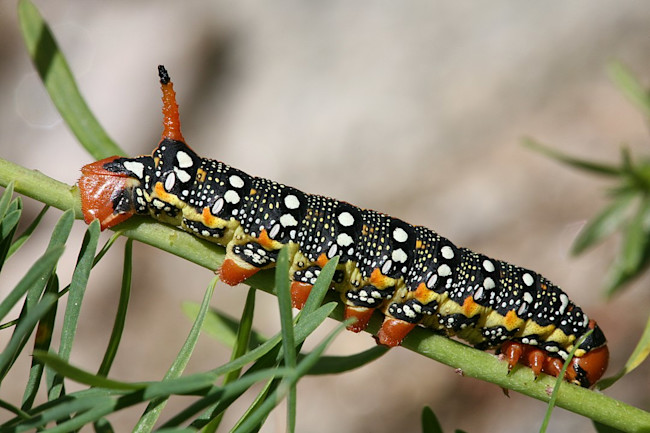
A spurge hawkmoth seen in Switzerland. (Credit: Daniel Schwen/Wikimedia Commons)
Caterpillars Count!
Help tally these moth and butterfly babies as they gorge on greenery this fall, gaining the strength to spin their cocoons and chrysalides. Your data will help the scientists at Caterpillars Count! understand how the abundance of these bugs varies from rural countrysides to major urban areas, and from coast to coast.
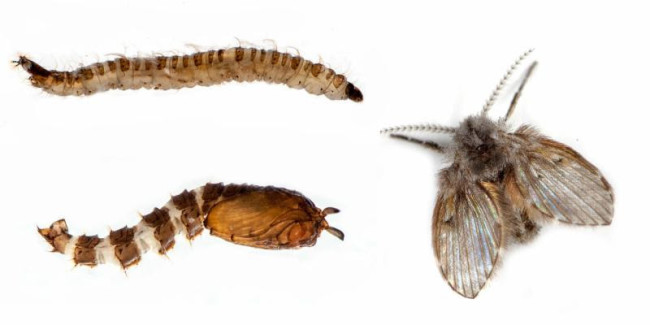
(Credit: Matt Bertone/Never Home Alone)
Never Home Alone
You may never feel lonely again after joining Never Home Alone, the citizen science project that lets you meet your six, eight, multi and no-legged housemates. Right now they’re snuggling in your bed, scampering under your rug and nestling happily in your eyebrows.

(Credit: QuestaGame)
QuestaGame
With the citizen science project QuestaGame, you can submit sightings of insects, spiders and other flora and fauna while having fun playing a game. Join and create quests, earn gold, join clans/teams, compete against other players, identify sightings, gain levels, build your collection, move up the leaderboard, all while helping to document and protect your local biodiversity.
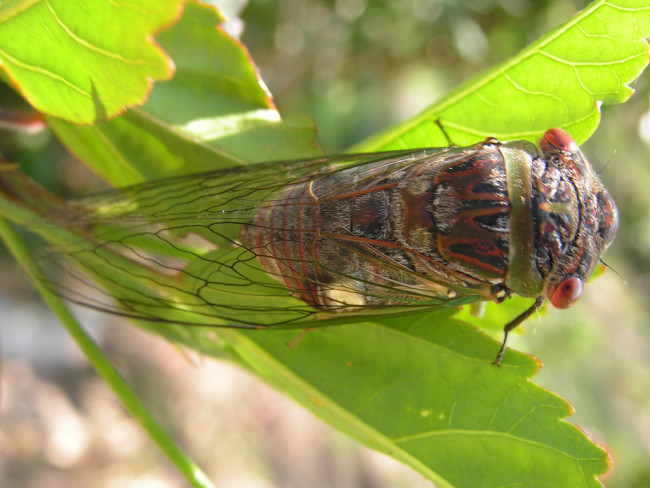
Clanger or clear wing cicada (Psaltoda claripennis). (Credit: Arthur Chapman/Flickr)
Cicada Safari
Mathematically-inclined periodical cicadas spend either 13 or 17 years of their lives alone underground nibbling on roots, before emerging to meet and mate en masse — thereby overwhelming their predators. Help researchers learn more about them and their annually emerging cousins with Cicada Safari, a phone app that lets you collect and share data on cicada sightings.
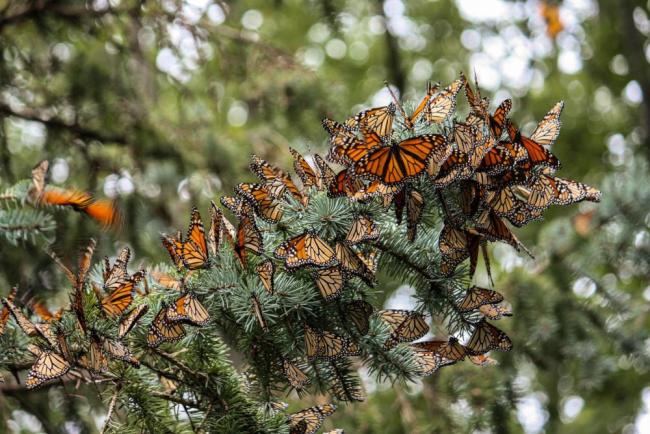
Monarch butterflies can travel thousands of miles on their annual migration across North America. (Credit: Jim in Monona, IA/Courtesy of Journey North)
Journey North
The migration patterns of monarch butterflies, the emergence patterns of other insects and the distribution of their food sources is a big part of the project Journey North, which explores wildlife migration and seasonal changes in North America. Sign up for this important, large-scale, multi-year study.
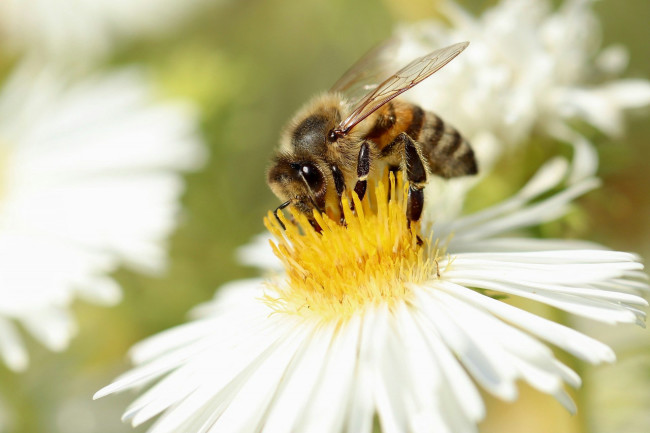
By building a bee condo or planting a pollinator garden, you can participate in a plethora of citizen science projects that ask volunteers to record the creatures they see in their own backyard. (Credit: California Pollinator Project)
Plant a Pollinator Garden
While Spring is the season we usually consider prime time for flowers, many flowers actually wait until Fall, when insects and other pollinators are especially desperate for nectar and pollen. It’s a great time of year to find species you didn’t see in the earlier months, and a perfect time to try these pollinator-themed projects.
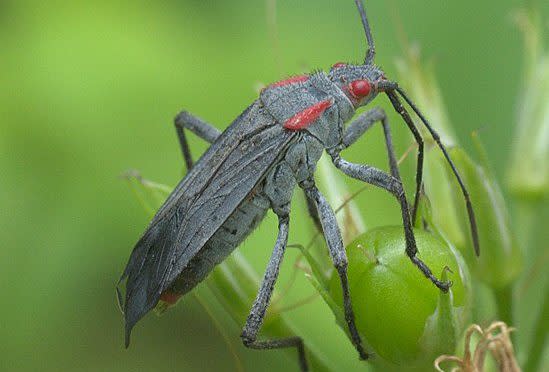
(Credit: Robert Webster, CC BY-SA 4.0)
Bugs in Our Backyard
With Bugs in Our Backyard, you’ll conduct insect surveys to help answer questions, like “How does insect diversity vary over time and in rural and urban areas?” All you need to do is give information about the bugs you see, the host plant you found them on and the location where you spotted them. Who knows what you might discover in your own backyard?
Note: Some of these projects are SciStarter affiliates. You can earn credit for your participation in your dashboard.
You can find more citizen science projects at SciStarter.org.


